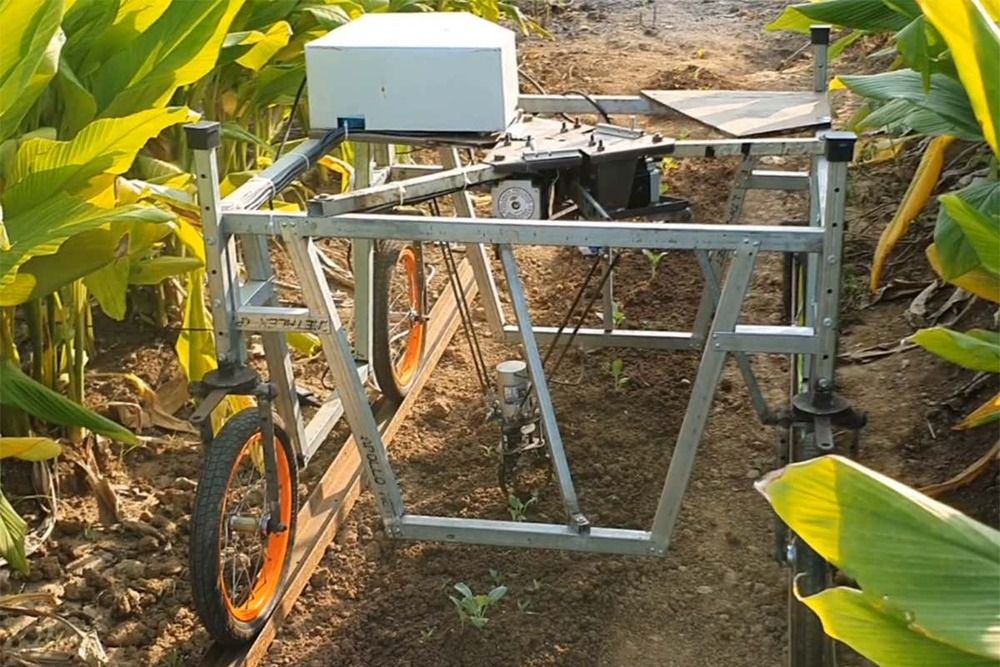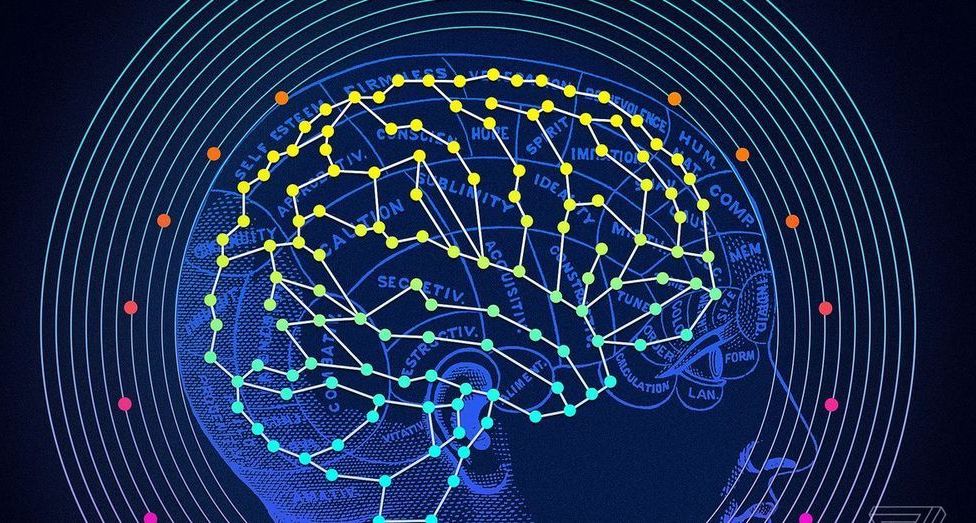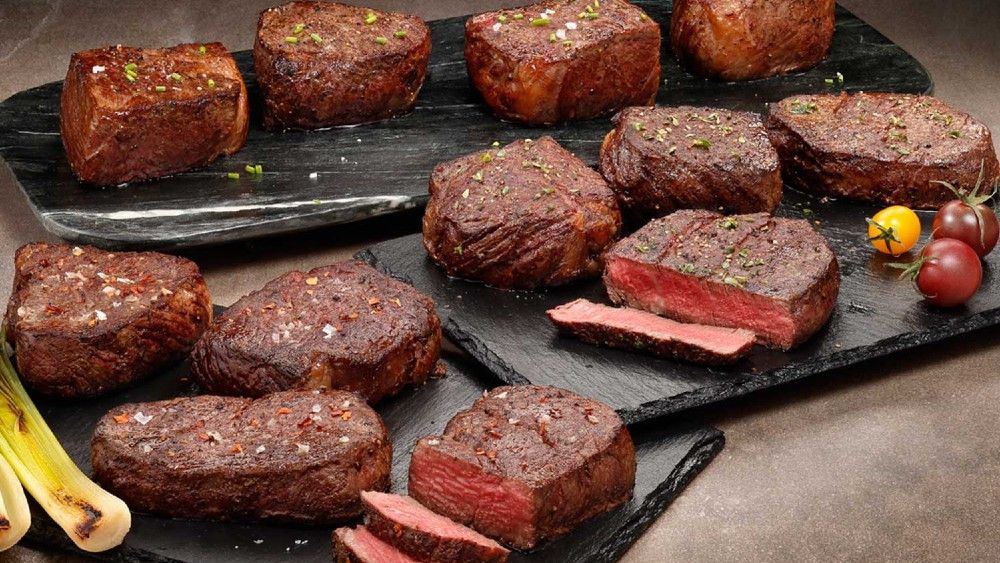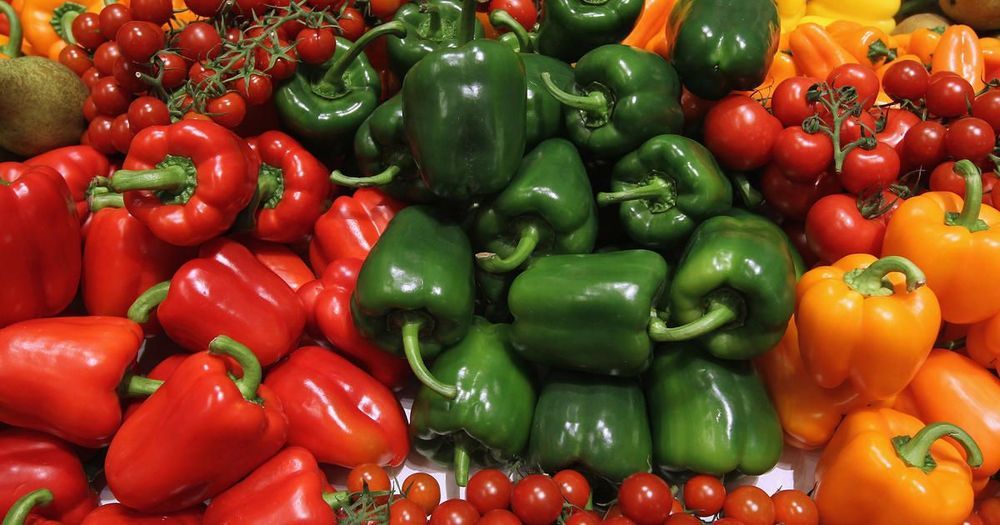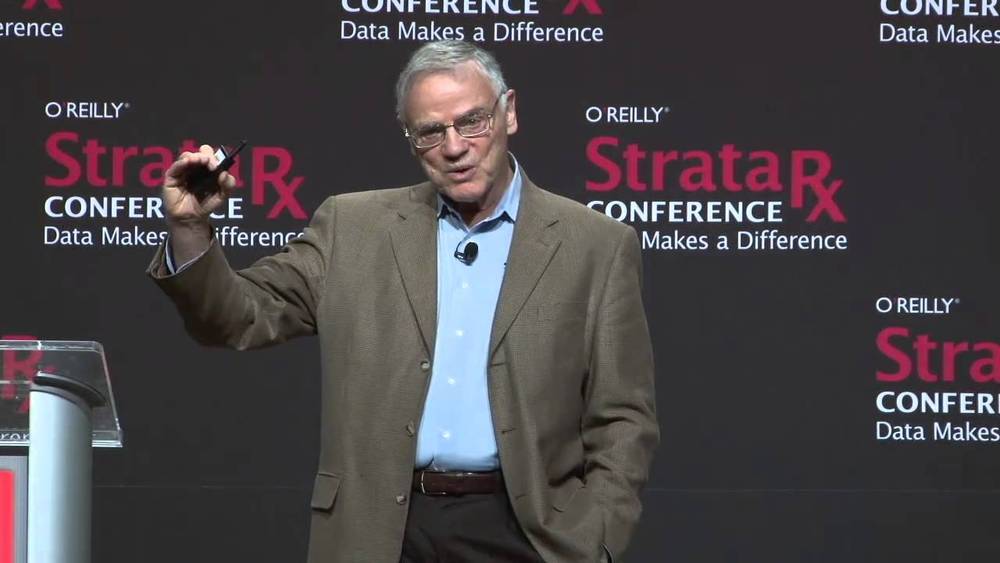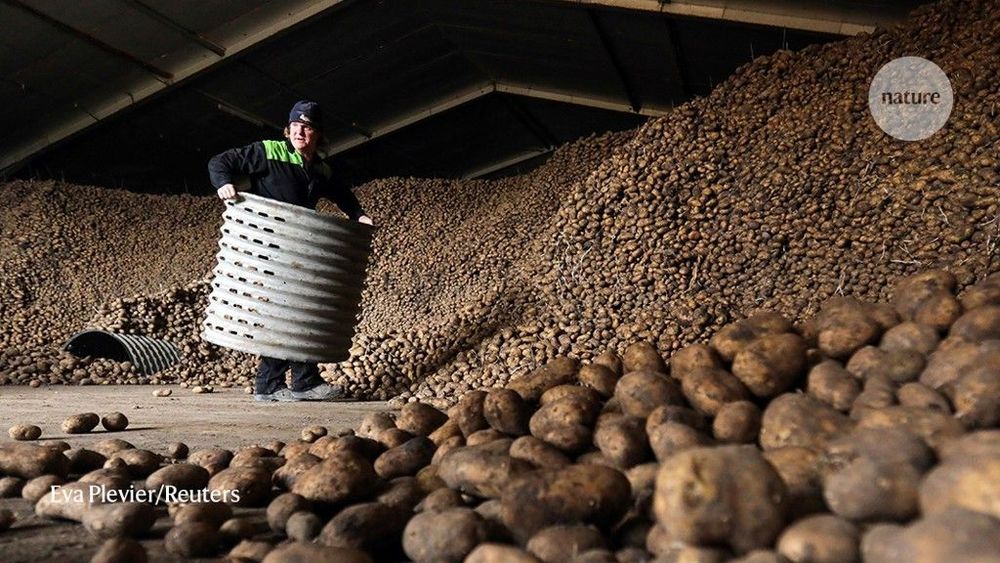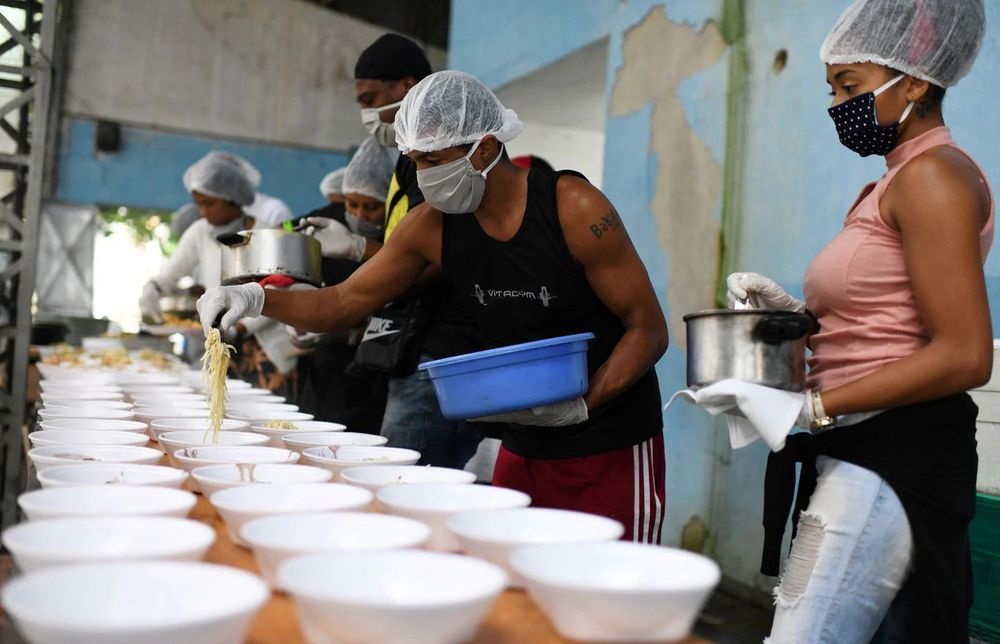The study of both fermented and non-fermented soy products was based on the results of research carried out on approximately 90,000 men and women between the ages of 45 and 74 over a period of 15 years. The team calculated intake quantities for all soy products and fermented products only through a dietary survey and examined the relationship with mortality in five similarly sized groups.
Findings from a scientific study help support the long-held belief that fermented soy products like nattō are good for one’s health.

